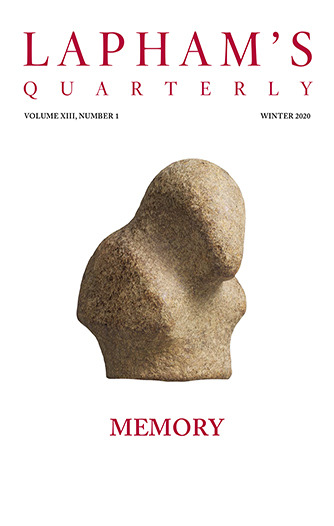An ancient writer says, very truly, that there are three great powers in the world: sagacity, strength, and luck. I think the last is the most efficacious.
A man’s life is like the voyage of a ship, where luck acts the part of the wind and speeds the vessel on its way or drives it far out of its course. All that the man can do for himself is of little avail; like the rudder, which if worked hard and continuously may help in the navigation of the ship; and yet all may be lost again by a sudden squall. But if the wind is only in the right quarter, the ship will sail on so as not to need any steering. The power of luck is nowhere better expressed than in a certain Spanish proverb: give your son luck and throw him into the sea.
Still, chance, it may be said, is a malignant power, and as little as possible should be left to its agency. And yet where is there any giver who, in dispensing gifts, tells us quite clearly that we have no right to them, and that we owe them not to any merit on our part, but wholly to the goodness and grace of the giver—at the same time allowing us to cherish the joyful hope of receiving, in all humility, further undeserved gifts from the same hands—where is there any giver like that, unless it be Chance, who understands the kingly art of showing the recipient that all merit is powerless and unavailing against the royal grace and favor?
On looking back over the course of his life—that labyrinthine way of error—a man must see many points where luck failed him and misfortune came; and than it is easy to carry self-reproach to an unjust excess. For the course of a man’s life is in no way entirely of his own making; it is the product of two factors—the series of things that happened, and his own resolves in regard to them, and these two are constantly interacting upon and modifying each other.
From “The Wisdom of Life.” Born in Danzig in 1788, the pessimist philosopher moved to Frankfurt in the 1830s and remained there until his death in 1860. “A happy life is impossible,” he wrote. “The highest that man can attain to is a heroic one.” Much influenced by Hindu and Buddhist philosophies, the author of The World as Will and Representation concluded that the universe is not a rational place. “Schopenhauer’s gospel of resignation,” Bertrand Russell complained in 1946, “is not very consistent and not very sincere.”
Back to Issue


